Welcome to the latest instalment of my breakdown of Billy Joel’s We Didn’t Start the Fire. The two previous entries in this strange franchise are We Didn’t Start the Fire: The Beginning and We Didn’t Start the Fire: 1948-1949.
This is where I’m attempting to talk about the historical references in the song and try to relate them to our contemporary society. I know this sounds like a terrible idea, but apparently, the group known as Beetroot Awareness Aotearoa sort of agrees. After publishing my blog post concerning 1948-1949, this New Zealand-based group released their own harsh review:
“Does this idiot know that the song came out in 1989, and since then, numerous people have already talked about the historical references? Can he not think of anything original or does he just steal other people’s ideas? What a buffoon!”
And with that positive and uplifting feedback, let’s check out the We Didn’t Start the Fire’s historic references for 1950.
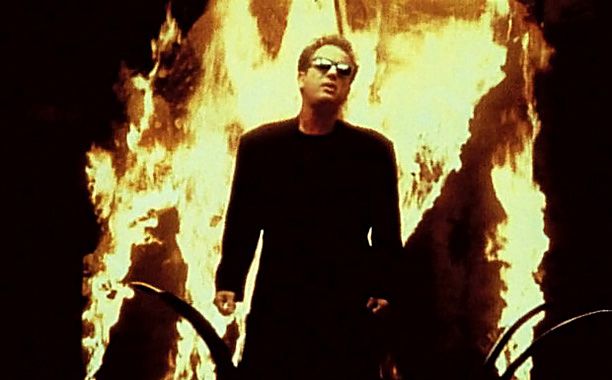
1950
Joseph McCarthy:
We briefly discussed Joseph McCarthy last time with 1949’s Walter Winchell, but we’ll expand it like a dog taking over your bed. McCarthy was a US senator for Wisconsin, who had a few issues that he liked to talk about. Early on in the Cold War, and during his Lincoln Day speech, McCarthy launched an anti-communist crusade.
He promoted the concept that Soviet Union and communist spies and sympathizers had infiltrated American society, through the federal and local governments, as well as in academic and entertainment circles. This led to the persecution and political repression of many people, based on being un-American and their opinions. It was during this period that the terms “The Second Red Scare” and “McCarthyism” were born.
For a modern equivalent to McCarthy, just think of everybody’s favourite twice impeached, four times criminally indicted, ex-US President, Donald Trump.

Richard Nixon:
Richard Nixon makes the list because in 1950, the future President of the United States of America was first elected to represent California, in the US Senate. If you’re a student of history, you’ll realise this will not be the last time Nixon makes the list. He will return.
For a modern version, I’m a bit stumped over this. I can’t compare Richard Nixon of 1950 to Richard Nixon of 1972, because they are two people with different life experiences. However, when comparing Nixon of 1950 to modern times, it would be any young politician moving up the ladder, to become a long-term politician. I’m sure every country has some. I’m looking at you Winston Peters, I’m looking at you.

Studebaker:
Studebaker was an automobile manufacturer, which was based in the United States. For about 50 years, Studebaker was one of the leaders in the car industry and had built up a great reputation for their vehicles.
That changed around 1950 when Studebaker started having some major financial problems. In 1954, they merged with Packard, another automobile company to ease their financial difficulties. It didn’t work the way they thought it would, so in 1967, Studebaker ceased production and the company shut down.
Some modern equivalents would be Oldsmobile and Pontiac, or even some non-automobile companies like Kenner and Toys “R” Us.

Television:
Is there a greater icon for the 20th century other than television? I think not. Television or TV had been developed, improved and marketed for years before 1950, but it was slowly becoming an important household product. In the context of US history, TV was becoming an attractive way to transmit information to the public.
Data on sales of TV sets in the United States for 1950 varies. An estimated 9%-20% of households in the United States had at least one television set, but by the end of the decade, that figure had grown to nearly 90%. The age of television was upon us, and it changed the way people from around the world, consumed news and entertainment forever.
In the 21st century, the easiest and best example of a different communication network would be the Internet. You can watch your favourite team play live while riding on the train, watch your favourite TV show on your lunch break, or stream the latest news via your phone or laptop. Outrageous.
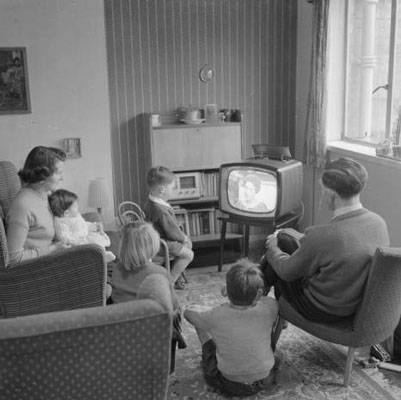
North Korea, South Korea:
This is the first time that I need to discuss two references together, because in 1950, North and South Korea dominated the news around the planet. At the time, North and South Korea were two separate countries, having been divided at the 38th parallel north, by the Soviet Union and the United States, after the end of the Second World War.
On 25th June 1950, the North Korean army crossed the 38th parallel and invaded South Korea. Given that the Cold War was the political climate at the time, this conflict slowly became a proxy war for democracy vs communism.
On one side, there was the Democratic People’s Republic of Korea (North Korea), and the People’s Republic of China (China), along with the unofficial support of the Soviet Union; against the Republic of Korea (South Korea), along with the United Nation Forces, which consisted of the United States, United Kingdom, Australia, Netherlands, Canada, France, New Zealand, Philippines, Turkey, Thailand, South Africa, Greece, Belgium, Luxembourg, Ethiopia and Colombia; with many more countries supplying support through different means.
This conflict became known as the Korean War and was fought for three years, with the war ending in a stalemate in 1953, with the Korean Armistice Agreement. The war claimed an estimated 2.8 million military and civilian deaths. Much like the Chinese Civil War, the geo-political repercussions of the Korean War are still being felt in 2024.
Sadly, the Korean War will make another entry in the song.

Marilyn Monroe:
Born Norma Jeane Mortenson, Marilyn Monroe was a model and actress who became an international sex symbol, during the late 1940s-early 1960s. In 1950, Monroe landed some breakthrough roles in films and actually starred in five different films in that year. (A Ticket to Tomahawk, The Asphalt Jungle, All About Eve, The Fireball, and Right Cross). From there, Monroe’s career took off and she soon became a household name.
It’s hard to determine which contemporary model/actress would be like Marilyn Monroe of 1950, so I’ll let you decide on that one. Sorry.

So in 1950, we have covered two US Senators, a failed automobile company, the explosion of television sales, the Korean War, and a model/actress. Like I said last time, this project is going to take some time, so I’ll try and cover 1951-1952 next time. Cool.
That’s it for another week. Thanks once again for reading, following, and subscribing to Some Geek Told Me. Don’t forget to walk your dog, read a banned book, call for a ceasefire in Palestine, and I’ll see you next week because I’m going to be discussing a milestone. It could be interesting.
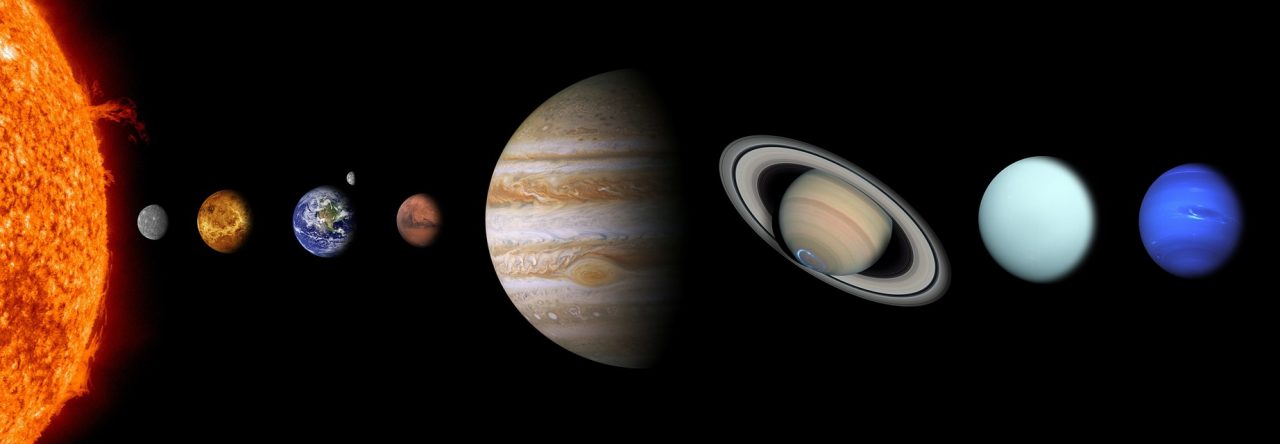


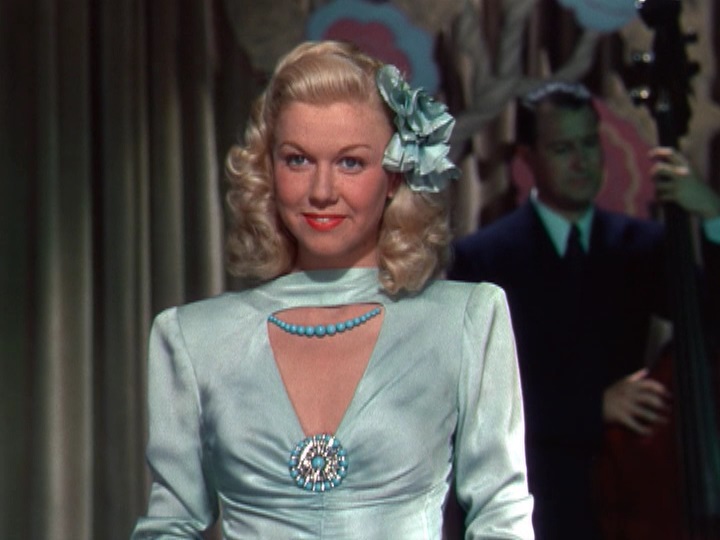

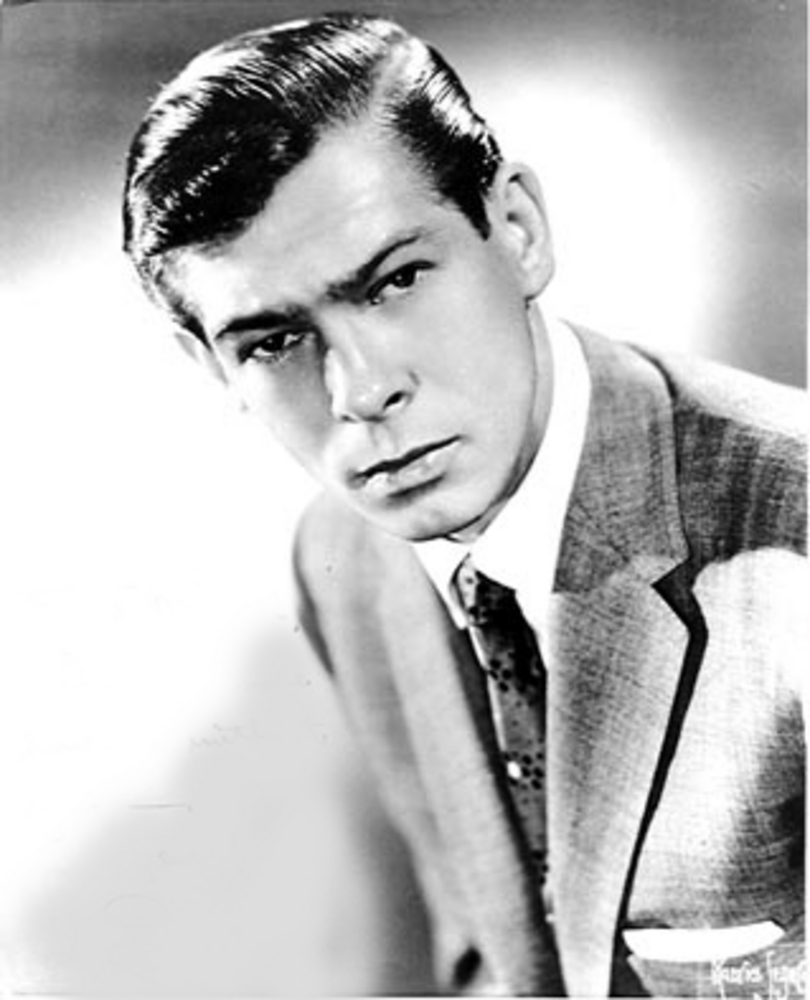





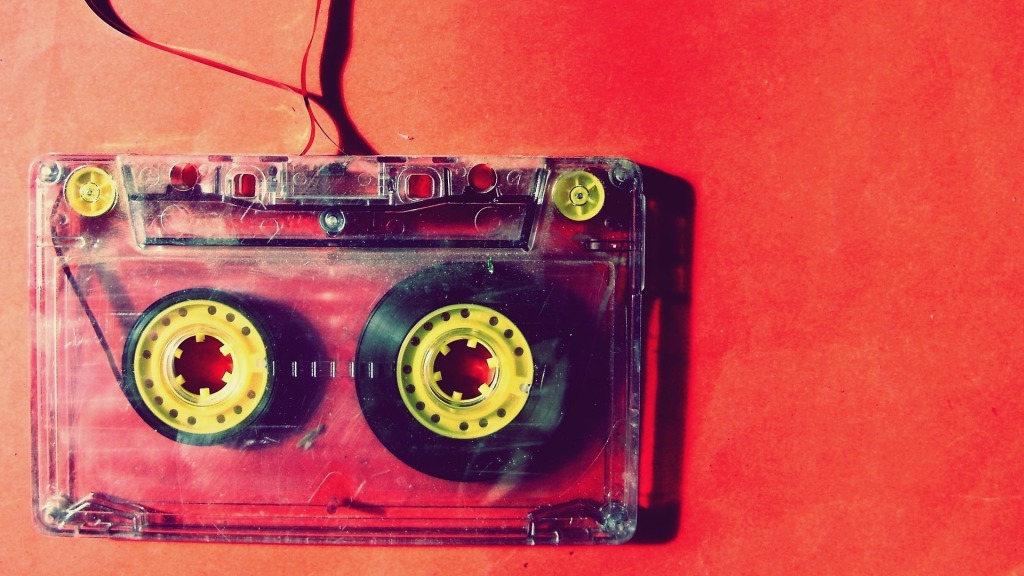




You must be logged in to post a comment.